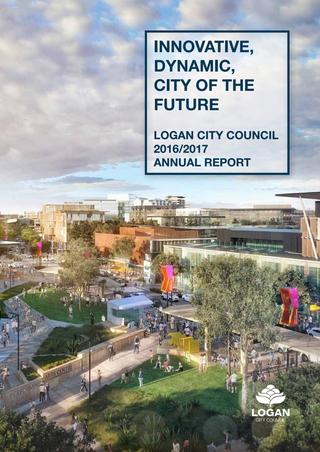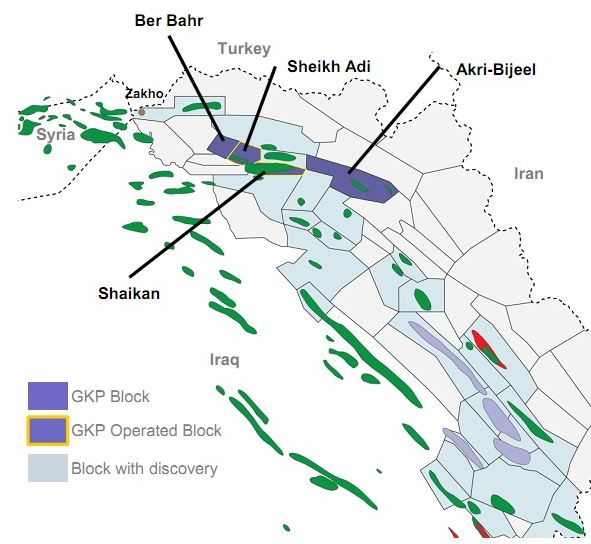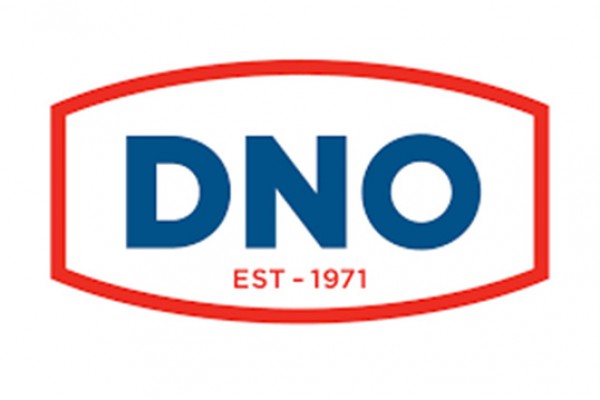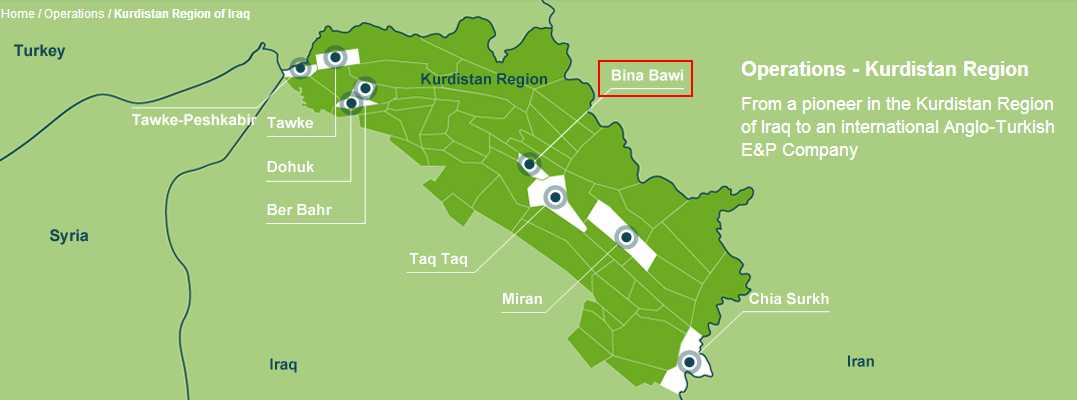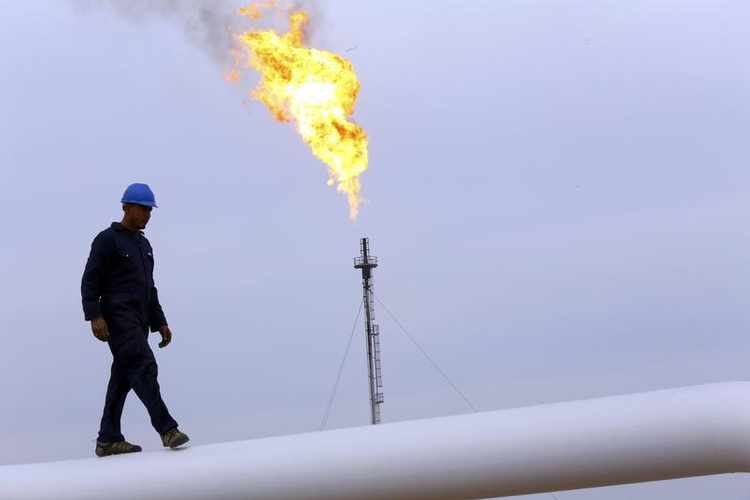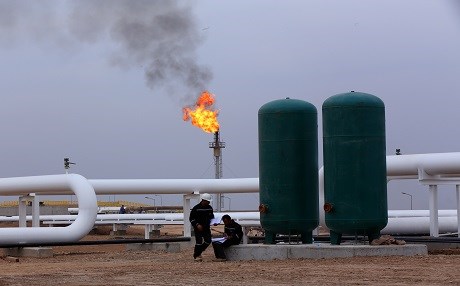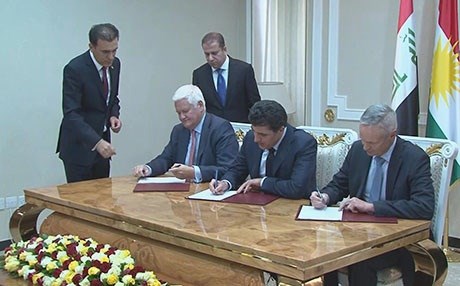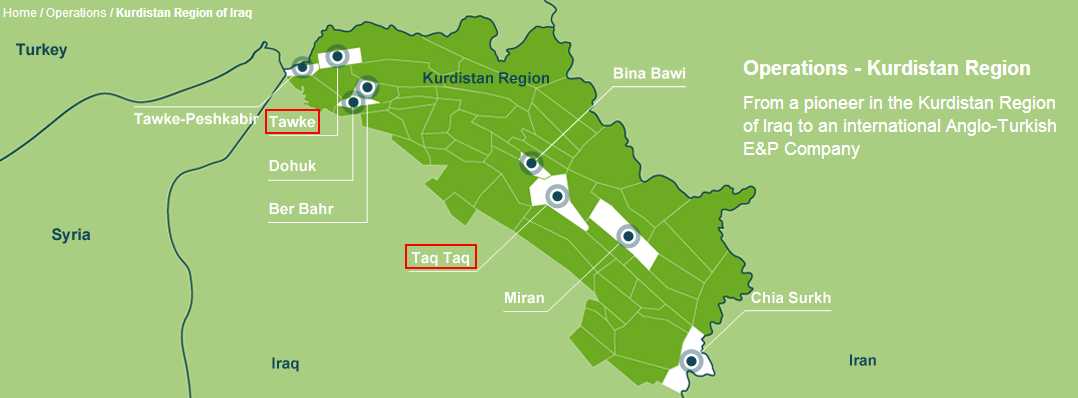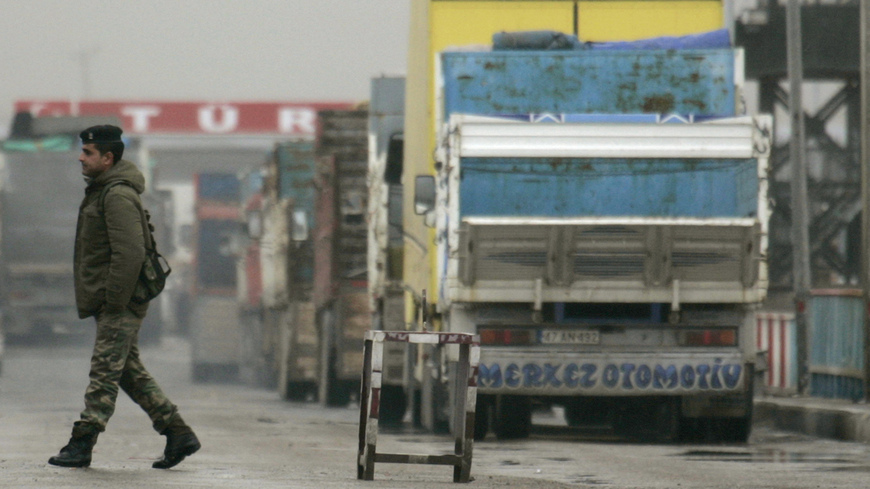The partnership Turkey, Iran and Iraq formed against the Kurdistan Regional Government (KRG) independence referendum in September has left Tehran pleased but left Ankara severely disappointed.
Ankara had two basic expectations about the partnership. First, Turkish officials believed that a new pipeline would be built to carry oil from Kirkuk, Iraq, to Turkey’s Ceyhan oil terminal, replacing a damaged line and bypassing the KRG. And second, as an alternative to the border crossing from Habur, Turkey, into Iraq — which provides lucrative income to the KRG — a new border crossing to Iraq would open at Ovacik in Turkey.
Ankara calculated that a crossing at Ovacik, at the junction of Iraqi-Syrian-Turkish borders, would:
- Deprive the KRG of income from customs taxes.
- Provide a shorter road connection between Tal Afar and Mosul, which features in Turkey’s “New Ottoman” dreams.
- Strengthen relations with Turkmens and sever the connection between the Kurdistan Workers Party (PKK) at the Yazidi town of Sinjar and the Kurdish Rojava region in northern Syria.
- Be linked to the main highway to Mosul with a 120-kilometer (75-mile) road upgraded to international standards and a new bridge to be built over the Tigris River.
But the Ovacik project has been shelved and an alternative pipeline plan — involving Iran — has emerged, marginalizing the proposed new pipeline to move oil from Kirkuk to Ceyhan.
For three years, the KRG sold oil from the Kirkuk-Ceyhan pipeline. But the central government in Baghdad took over the Kirkuk oil fields after the Kurds threatened in September to seek independence.
On Oct. 16, Baghdad implied that the Kirkuk oil would be sent out via Turkey as in the past. The pipeline had been used irregularly during the battle against the Islamic State (IS), and Baghdad cut off the flow completely after the September independence referendum. Turkey expected the flow to resume — but it hasn’t.

